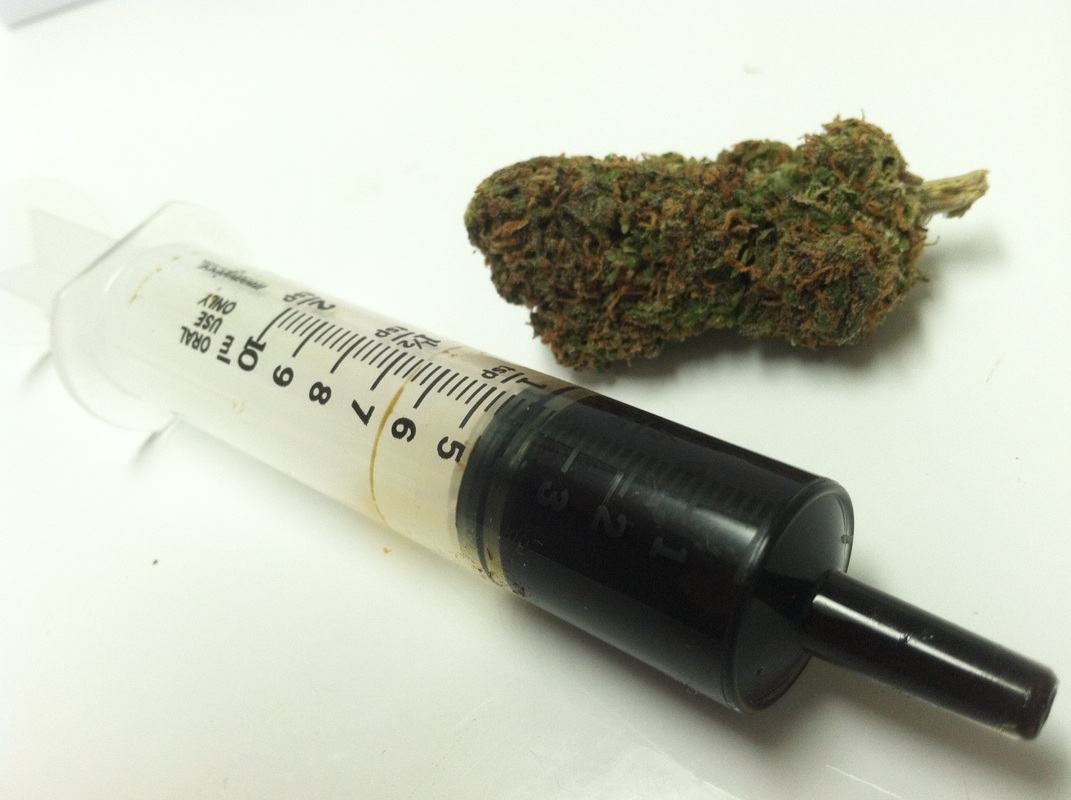Marijuana found to reduce blood flow to the brain: Study authors suggest this may increase risk of dementia, but this effect also makes it medicinally useful for epileptics
04/19/2019 / By Ralph Flores

Scientific literature regarding the effects of marijuana currently has been expanding. This has resulted in a plethora of studies, mainly how marijuana can affect the brain. While earlier studies have shown that it can help with treatment of brain-related disorders such as epilepsy, more recent tests not indicate that marijuana lowers blood circulation to some areas of the brain, which are essential for memory development.
According to the results of a recent, large-scale brain imaging study, marijuana users receive lower blood flow to the brain, including the hippocampus, which is essential for memory function and is known to be hit by Alzheimer’s. Using single photon emission computed tomography (SPECT), an advanced imaging tool that observes blood flow and movement patterns, researchers were able to determine abnormally low blood flow levels of persons who used marijuana compared to those who didn’t.
Data used for the research were pooled from a massive multi-site database, which contains at least 27,000 cases that were evaluated in nine clinics across the U.S. between 1995 to 2015. From this, researchers sampled 982 patients who had either previously used or were currently using marijuana. Users were analyzed using a brain SPECT and by conducting mental concentration tests against a sample of 100 people who had not used marijuana to determine whether there were significant differences that arose between users and non-users of cannabis.
The results yielded that people who had used marijuana were identified in their brain scans by a low blood flow through their right hippocampus, which is responsible for storing memory.
“What struck me was not only the global reduction in blood flow in the marijuana users’ brains but that the hippocampus was the most affected region due to its role in memory and Alzheimer’s disease,” according to Dr. Lantie Jorandby, one of the co-authors of the study. “This work suggests that marijuana use had damaging influences in the brain – particularly regions important in memory and learning and known to be affected by Alzheimer’s.”
Previous studies have indicated that the hippocampus physically shrinks with marijuana use; however, researchers noted that no review has checked out perfusion in a group this big. Also, they said that only a few studies that look at the impact of the use of marijuana on the blood flow of the brain exist.
The results of the study contrast with other bodies of research indicated the benefits of marijuana in addressing neurological diseases – most notable of which is epilepsy. A study published in the New England Journal of Medicine has reported that cannabidiol (CBD), a nonpsychoactive ingredient in marijuana, can reduce the likelihood of epileptic seizures in children. (Related: Medical cannabis use found to dramatically decrease reliance on addictive prescription medications.)
“This study clearly establishes cannabidiol as an effective anti-seizure drug for this disorder and this age group,” according to lead investigator Orrin Devinsky of the Comprehensive Epilepsy Center at New York University Langone Medical Center. “It certainly deserves to be studied in other types of epilepsy.”
In the study, 120 children and teenagers who have Dravet syndrome, a rare form of epilepsy that is drug-resistant, were observed. The researchers found out that participants who were given CBD posted a significant reduction in the number of convulsive seizures experienced in a month. Moreover, 62 percent of the caregivers in the CBD group reported an improvement in their child’s overall state during the trials.
This evidence supports other studies made on the anticonvulsant properties of CBD. Researchers believe this is due to marijuana’s ability to block specific transporters, as well as its “neuroprotective and anti-inflammatory effects.” Results of this study showed that CBD might be a useful means to treat epilepsy and other disorders in the central nervous system – particularly when it comes to seizures and other comorbid conditions.
Source include:
Tagged Under: alternative medicine, Alzheimer's disease, autoimmune diseases, blood flow, brain function, brain health, cannabis, dementia, Epilepsy, herbal medicine, medical marijuana, mental health, natural cures, natural medicine, remedies, research, science

















